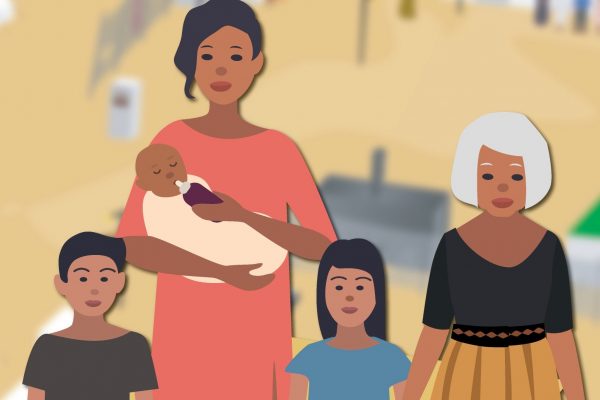This self-instructional learning module covers the implementation of the Minimum Initial Service Package (MISP) of Sexual and Reproductive Health at the onset of an emergency.

The minimum, life-saving sexual and reproductive health needs that humanitarians must address at onset of an emergency (within 48 hours wherever possible).
Providing comprehensive sexual and reproductive health (SRH) care to all members of a crisis-affected population is an overarching goal of the health sector. If financial, human, and material resources are available at the onset of an emergency, implementing the MISP should be the aim of the SRH response.
A list of IAWG led or co-branded resources was developed to support with MISP for SRH preparedness, response and recovery efforts. The majority of these resources were developed or updated to reflect the objectives and activities of the 2018 revised MISP, as detailed in the Inter-Agency Field Manual. This list notes in which language(s) each resource is available and any translations under development and can be downloaded below.
This resource aims to help colleagues identify MISP resources -- available and under development or revision -- that meet their programmatic needs. Further, it aims to facilitate with information sharing, including around existing translations and those in progress, to enhance coordination around resource development.
MISP Implementation Resources (xls)
If you would like to submit a MISP resource, either already developed or under development or revision, you can complete the submission form here.
Below, please find resources to help you learn more about the MISP and how to successfully implement it..
IAWG members and partners are producing clinical and programmatic guidance, assessments, policy papers, and statements to ensure continued prioritization of sexual and reproductive health and rights throughout COVID-19 response in humanitarian settings.